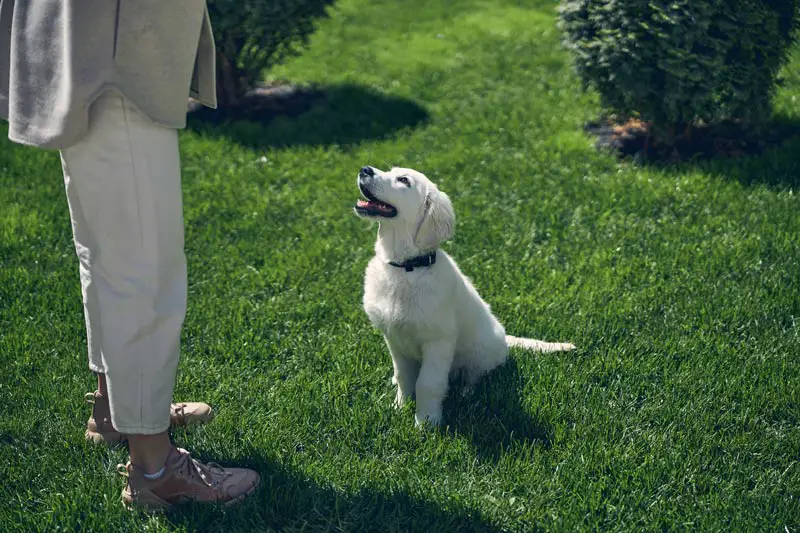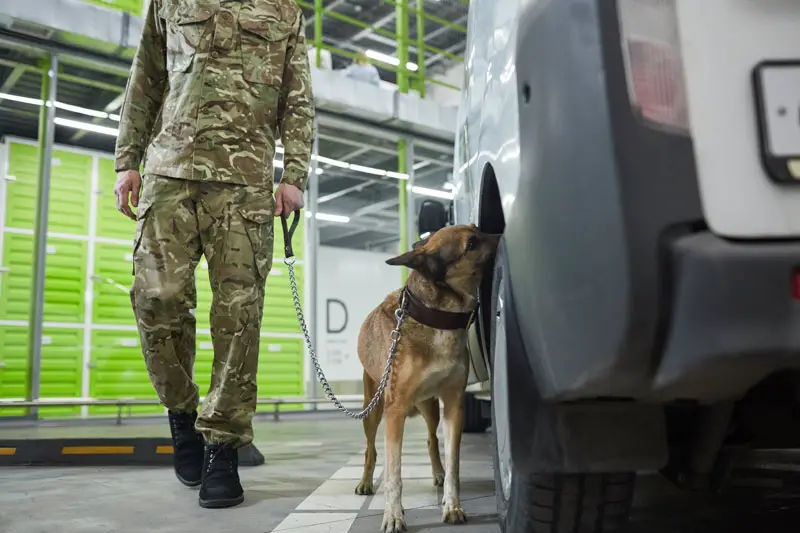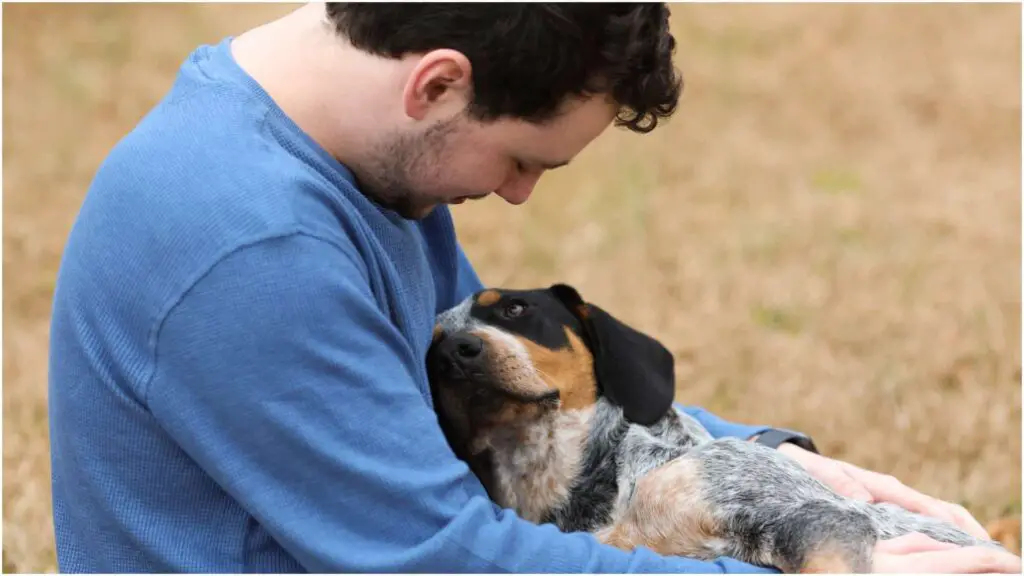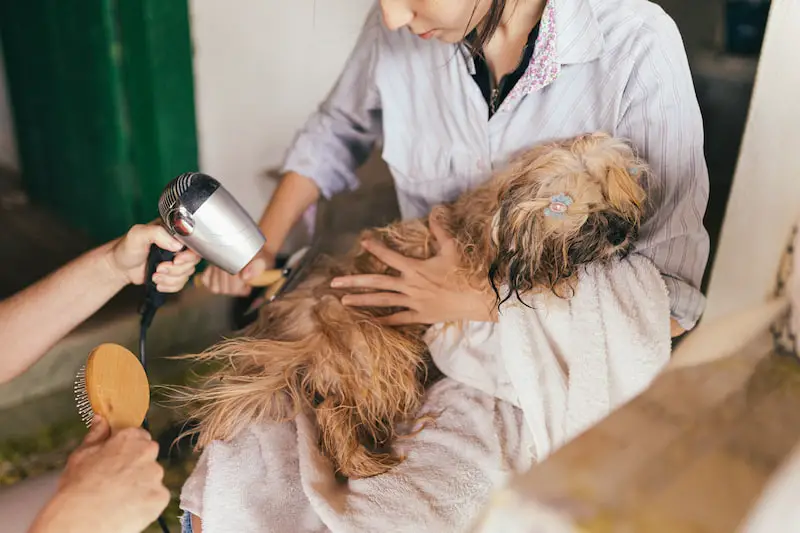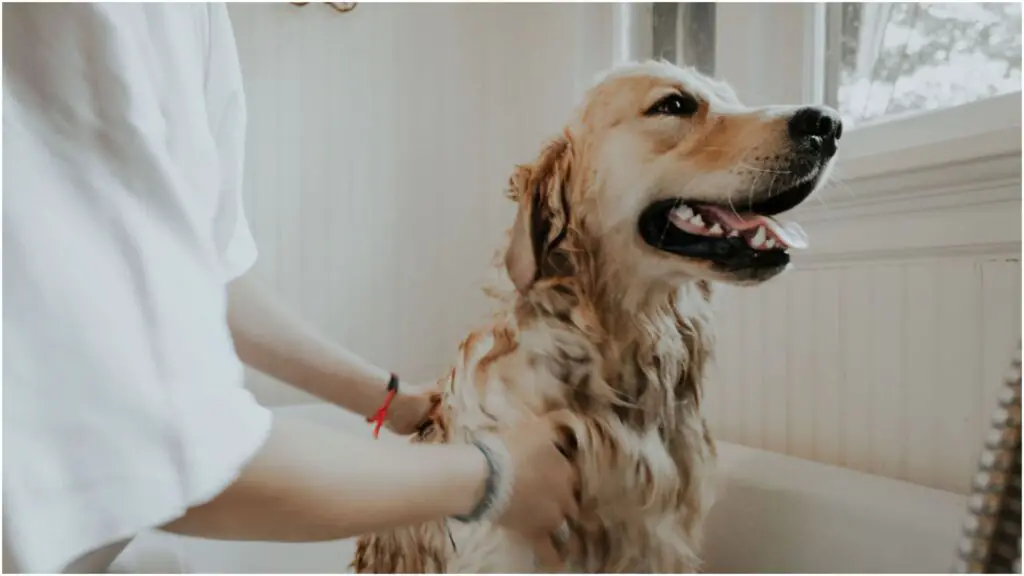Facial Recognition
As per the research done at the University of Helsinki, researchers discovered that when they showed dogs images of their owners, they held their gaze on their owners’ eyes compared to other images. This finding was reinforced by another study conducted at the University of Padua, Italy. In that research, they obtained the same results. The dogs gazed at their owners for much longer than watching a stranger.
The scientists covered the face of the owner to ensure that this was due to sight rather than the sense of smell. This time, the dogs were much less interested in watching the people.
These two studies show that dogs can recognize their pet parent’s faces, meaning they will be able to know whether you are happy, sad, or angry.
Identifying Emotions
Our dogs are always sniffing around for treats and potential toys, But do you think our dogs smell our emotions? If your dog seems to comfort you when you’re feeling low or fidget when you’re afraid, there may be a proper reason for that.
Related to the study on ‘sense of smell,’ another study conducted at the research institute – University of Naples suggests that dogs can see and sense human emotions.
The scientists tested if dogs could detect the emotions of their owners only with their strong sense of smell/scent. Researchers showed the dog owners parts of The Shining or The Jungle Book to bring out fearful or happy responses for this study. After making them watch the videos, the researchers took a sample of their sweat.
Later on, these samples were exposed to the dogs to record the reactions. It showed that when some of the dogs were presented with ‘fear scents,’ it had increased their heart rate, and they expressed several signs of stress compared to the dogs exposed to ‘happy scents.’
Dogs exposed to the ‘happy scents’ were much more relaxed, and they did not need much attention from their owners. The stressed dogs had to be removed from the test, and they needed more comfort and the presence of their owners.
By the end of this study, they concluded that dogs were good at identifying different emotions that their owners expressed. However, we cannot confirm or deny whether this emotional recognition is a congenital canine trait or something that developed over years of upbringing.
Either way, it feels good to know just how aware our dogs are of our emotions.



